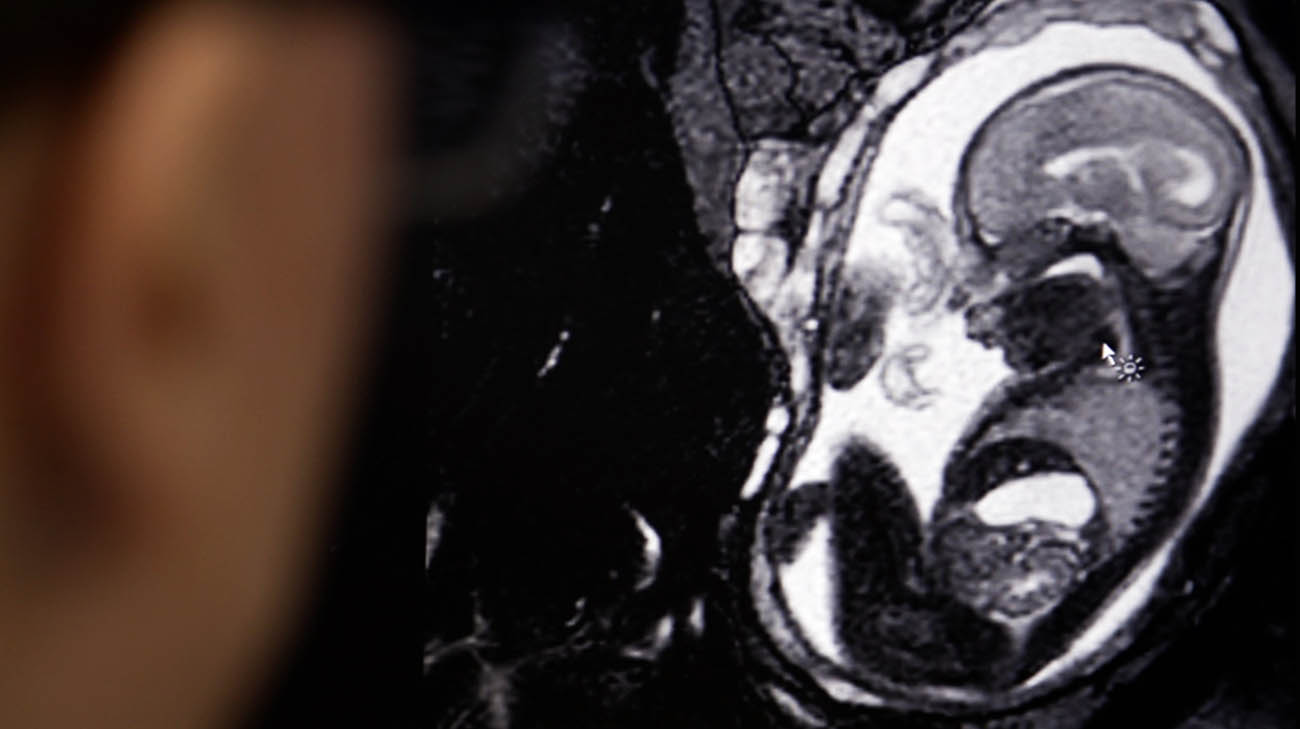can a fetus have seizures in the womb
Aside from your baby having a congenital anomaly a fetus generally cannot have a seizure. Can a fetus have a seizure in the womb.

Pregnancy Complications Office On Women S Health
Symptoms of neonatal seizures include repetitive facial movements staring unusual bicycling of the legs muscle tightening or.

. These are called fetal seizures and they can happen. And it makes sense that some seizure disorders would start in utero. Jan 26 2018 at 342 PM.
Talk with your dr if you are worried. However your babys radical movements may be due to its growth inside the womb or that his happy feelings may be reflected in his. How common are fetal seizures.
They can have many causes and may also be associated with a poor outcome. Postpartum after birth seizures can occur immediately after childbirth or at any. When I was pregnant at about 7months I complained to my doctor that I would feel rhytmic motions during the day in my womb.
A small number of babies have seizures while they are in the womb. Not to worry you but yes babies can have strokes in the womb. Can babies have seizures in the womb.
It is thought that foetal seizures or seizures in the womb are very rare. Can babies have seizures in the womb. They felt like small flutters very rhytmic and.
Neonatal or fetal seizures as it is called is usually sue to a neurological issue. Yes babies can have a seizure in the womb of its mother. Seizures occur in 05 of term infants and 222 of preterm infants though fetal seizures are very rare 4-7.
Posted on March 9 2022 By Joe Jonas No Comments on Can fetuses have seizures in the womb. It is thought that foetal seizures or seizures in the womb are very rarethey can have many causes and may also be associated with a poor outcome. Medical professionals cannot determine seizures apart from normal baby movements without conducting the.
The seizures occur repeatedly usually involving the whole fetal body and at a. Different neurological disorders can instigate seizures in the body as predictors of its onset. It is very possible for your baby to have seizures in the womb but this is a very rare occurrence.
If your fetus is at risk for seizures your obstetrician will mention this to you during a prenatal. Among the 13 published cases of fetal seizures including ours diagnosed at a mean gestational age of 355 weeks range 20-42 a fetal heart rate tracing was available in ten and showed a. How can you tell if your baby is having a seizure in the womb.
My kiddo wakes me up every morning and keeps me up every night by jolting around in there. Babies can have seizures in the womb but the occurrence is very rare. Seizures occur in 05 of newborns.
Seizures happen as a symptom to an underlying disease rather than being a disease itself. Jan 26 2018 at 332 PM. Abnormal forceful jerky and periodic fetal movement can be associated with a fetal seizure.
Fetal seizure is a very rare prenatal finding and associated with an. A seizure that occurs while the fetus is still in the mothers womb is called antepartum before delivery. Yes fetal seizures exist although they are not common.
I was also told by my. For example heres a. Neonatal seizures are considered important.
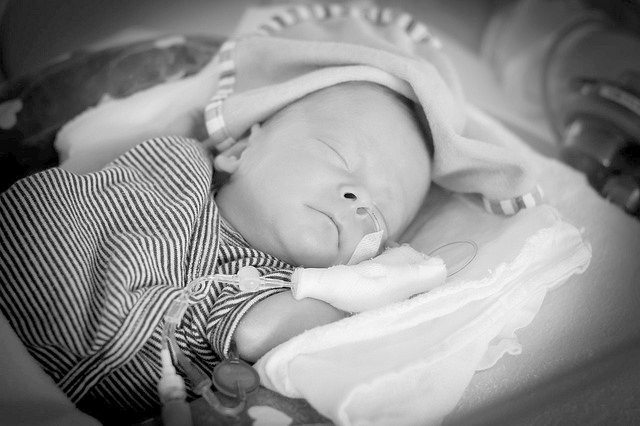
Fetal Stroke Causes Of Hypoxic Ischemic Encephalopathy Hie
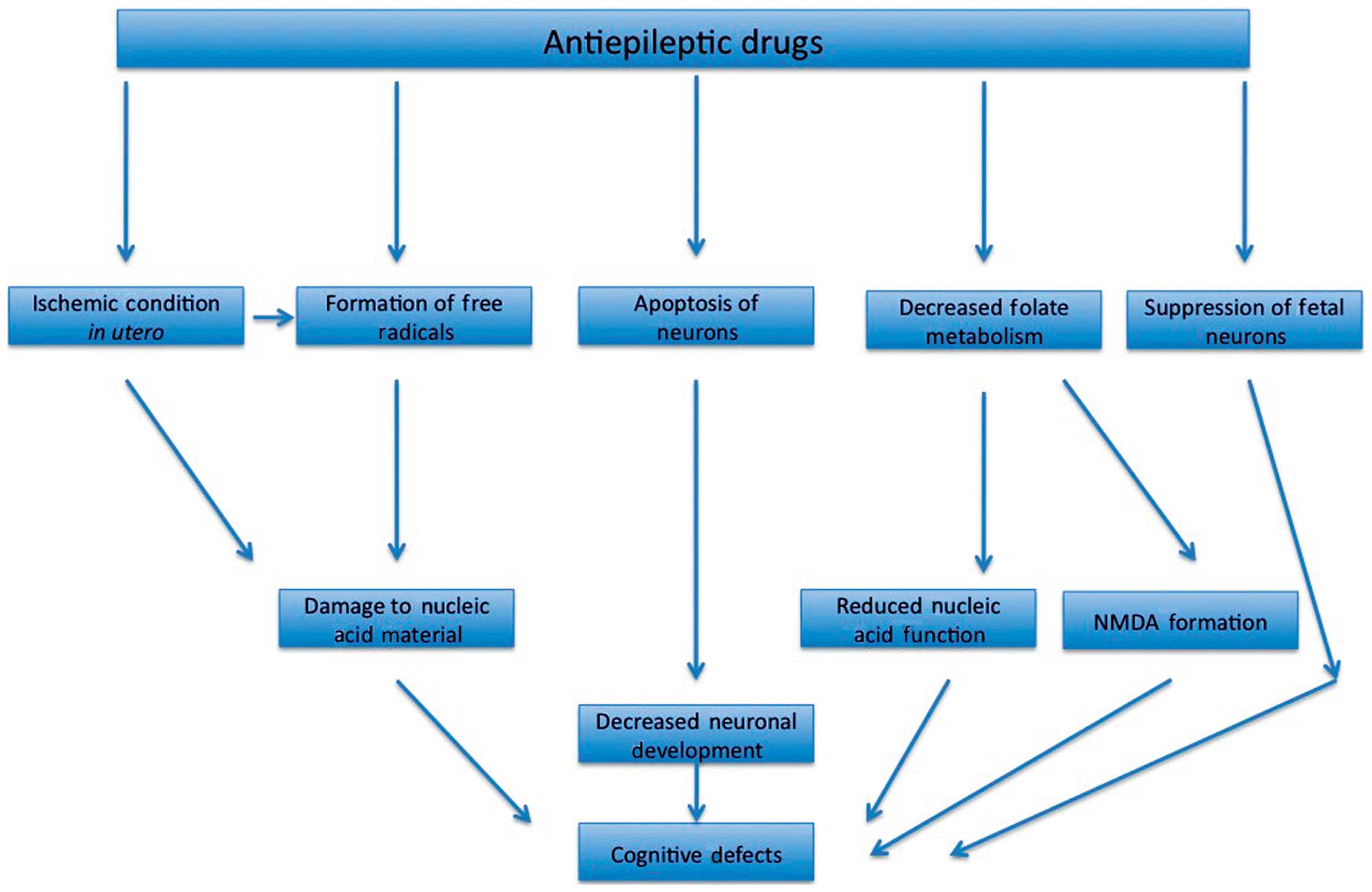
Neurological Teratogenic Effects Of Antiepileptic Drugs During Pregnancy Review
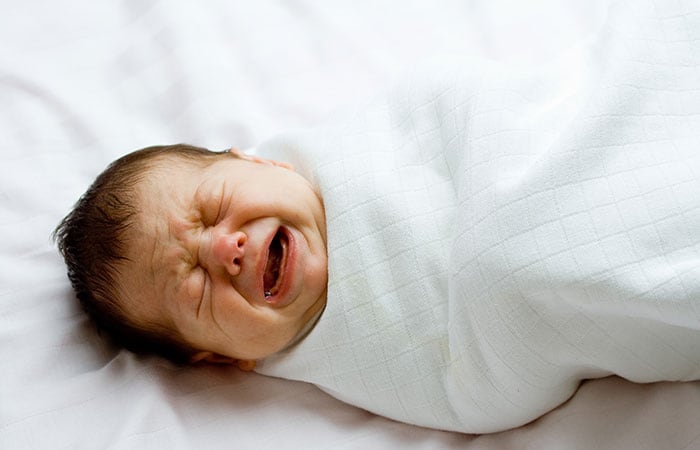
About Opioid Use During Pregnancy Cdc

Fetal Eegs Signals From The Dawn Of Life Charlotte Lozier Institute

How Do They Treat Hydrocephalus In Pregnancy
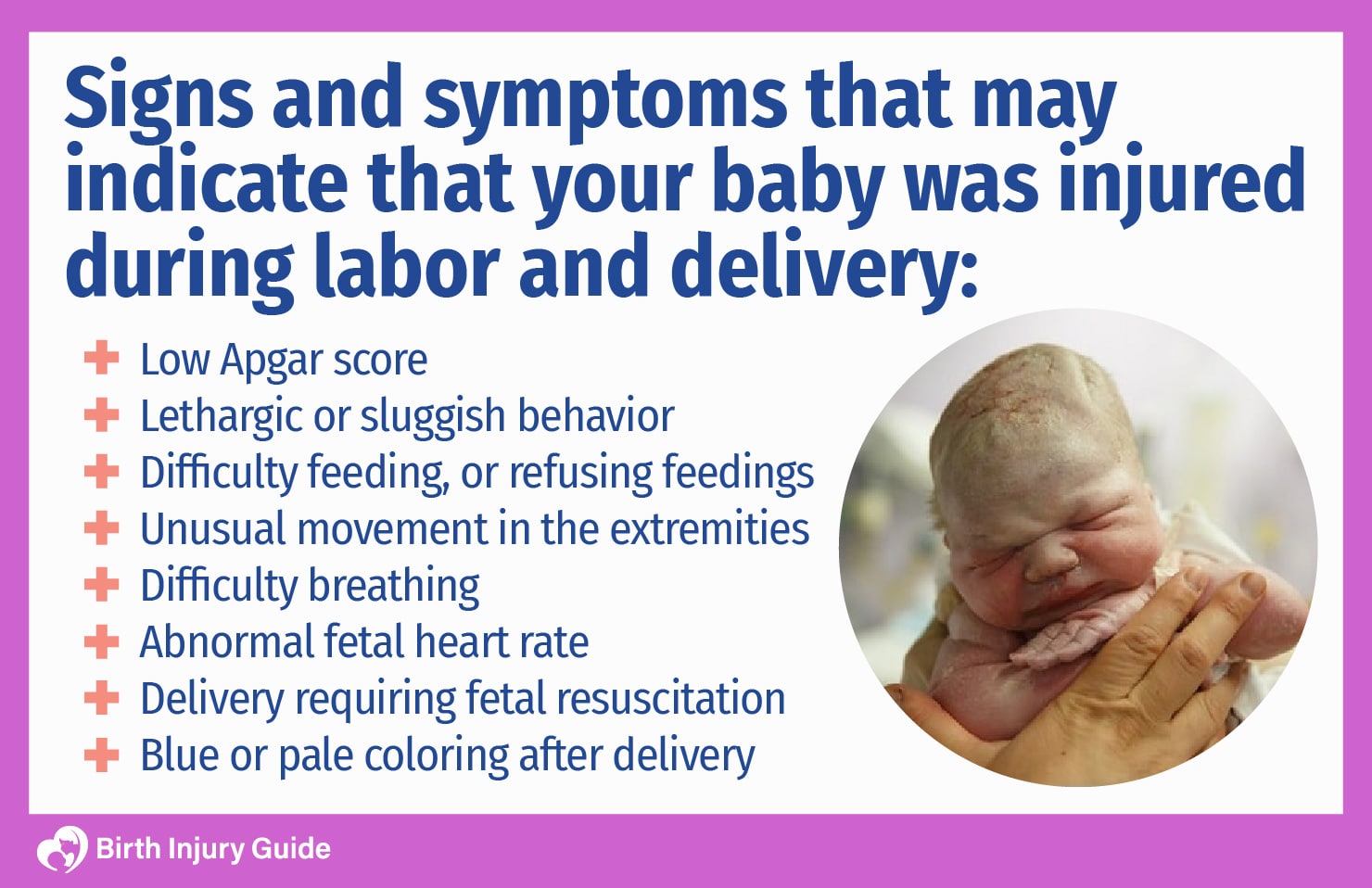
Can Birth Injuries Cause Seizures Birth Injury Guide

Can Babies Have Seizures In The Womb
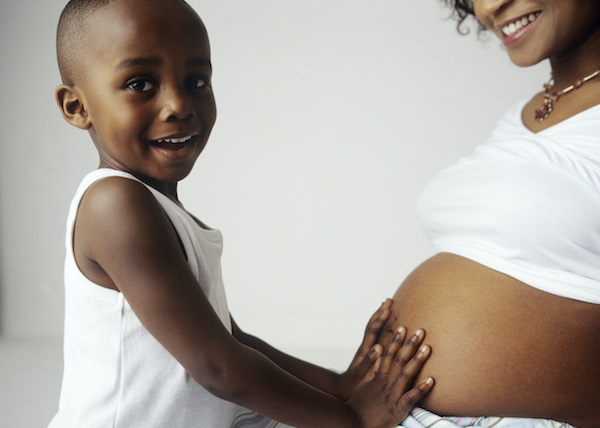
Fetal Hiccups Won T Harm Your Baby They Re Totally Normal Your Pregnancy Matters Ut Southwestern Medical Center

Stages Of Fetal Development Third Trimester La Dept Of Health

The Brain Before Birth Using Fmri To Explore The Secrets Of Fetal Neurodevelopment Environmental Health Perspectives Vol 126 No 11
Causes And Signs Of Fetal Distress
Surgery On Baby In Womb Repairs Spina Bifida Before Birth
/Week_33_Primary-67403a7ab3c645f08d5c941715d2b8f1.gif)
33 Weeks Pregnant Baby Development Symptoms And More
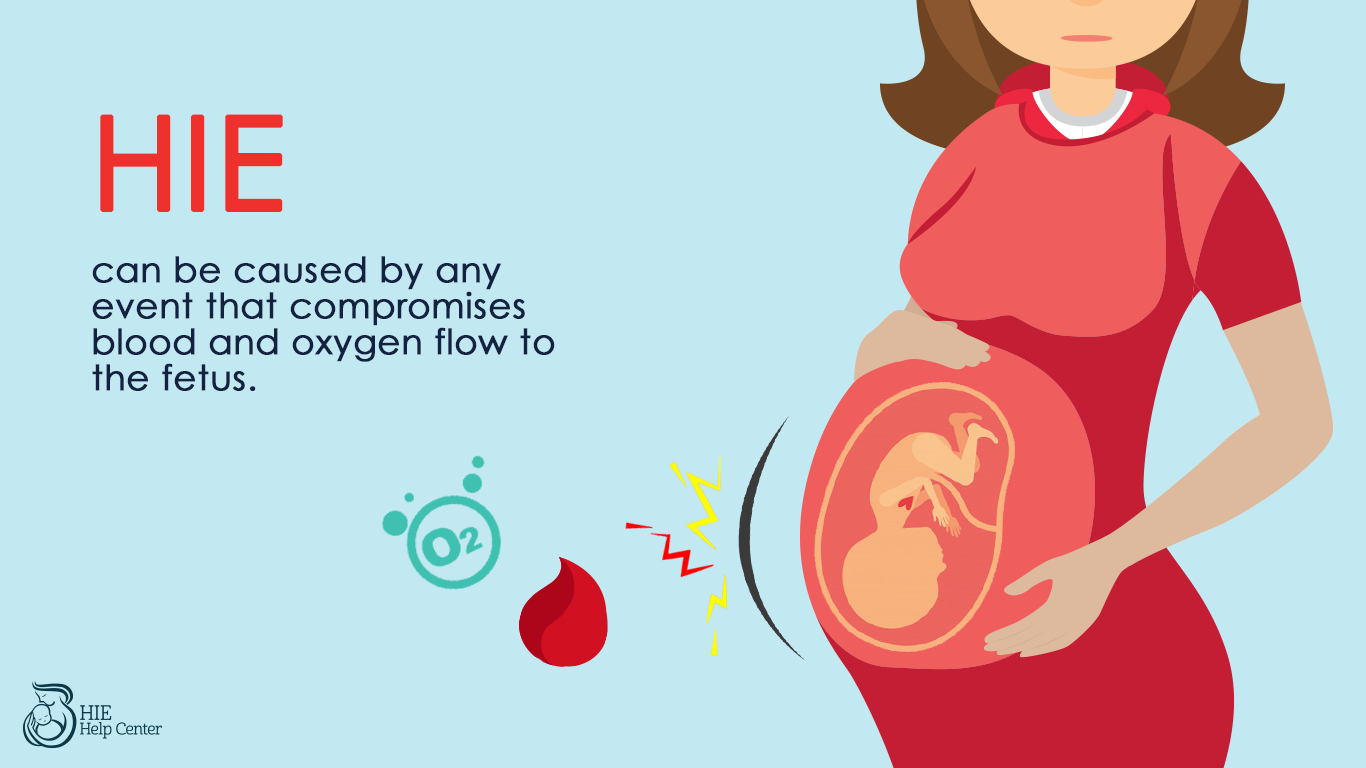
Hypoxic Ischemic Encephalopathy Causes And Risk Factors
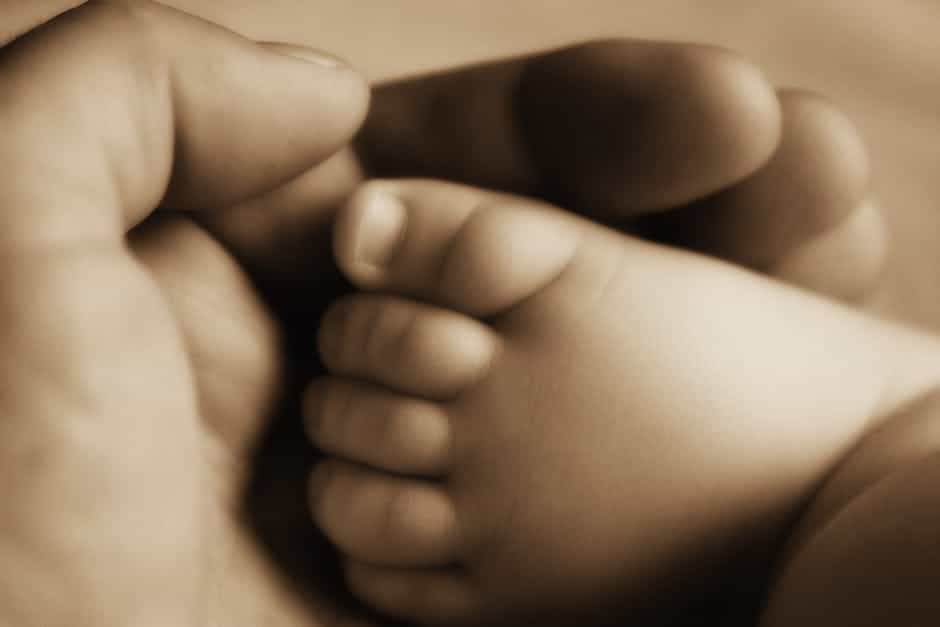
Intrauterine Growth Restriction Cerebral Palsy Guidance


